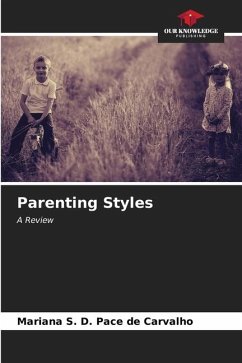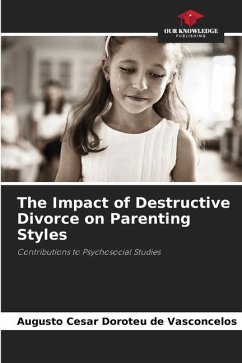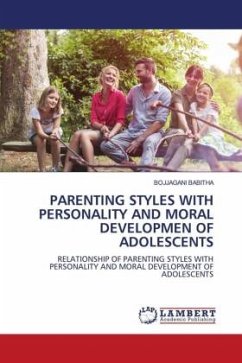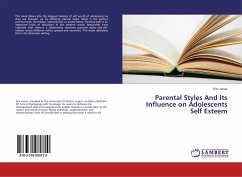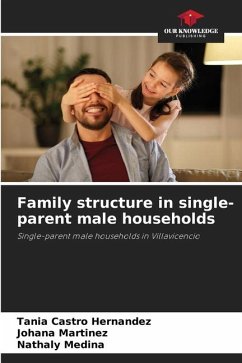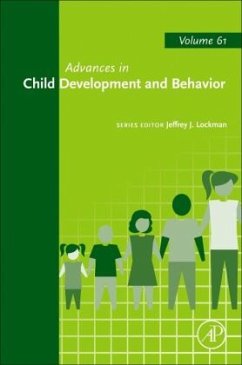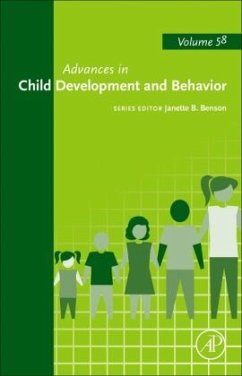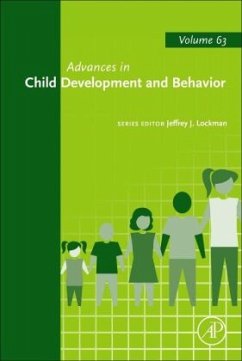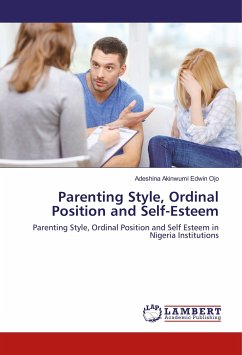
Parental parenting styles in children from violent families
Versandkostenfrei!
Versandfertig in 6-10 Tagen
27,99 €
inkl. MwSt.

PAYBACK Punkte
14 °P sammeln!
The book aims to identify the parenting style of children in families with domestic violence, determining the relationship between parenting styles and family structure. The study is quantitative and qualitative, the dependent variable is parental parenting style and the independent variable is family structure. Thirty families showing intrafamilial violence were selected, with children aged 5-10 years old, intervened through the application of the parenting questionnaire: "Estudio socio afectivo de hábitos y tendencias de comportamiento en familias" by Susana Torío, and a semi-structured in...
The book aims to identify the parenting style of children in families with domestic violence, determining the relationship between parenting styles and family structure. The study is quantitative and qualitative, the dependent variable is parental parenting style and the independent variable is family structure. Thirty families showing intrafamilial violence were selected, with children aged 5-10 years old, intervened through the application of the parenting questionnaire: "Estudio socio afectivo de hábitos y tendencias de comportamiento en familias" by Susana Torío, and a semi-structured interview to identify the family structure. The results showed that these families do not have a defined parenting style, although the authoritarian style is the most chosen, rigid rules, diffuse limits, among others, were identified, showing in the study that in most cases it is the father figure who has the hierarchy, the alliance is marked between mother and children.



